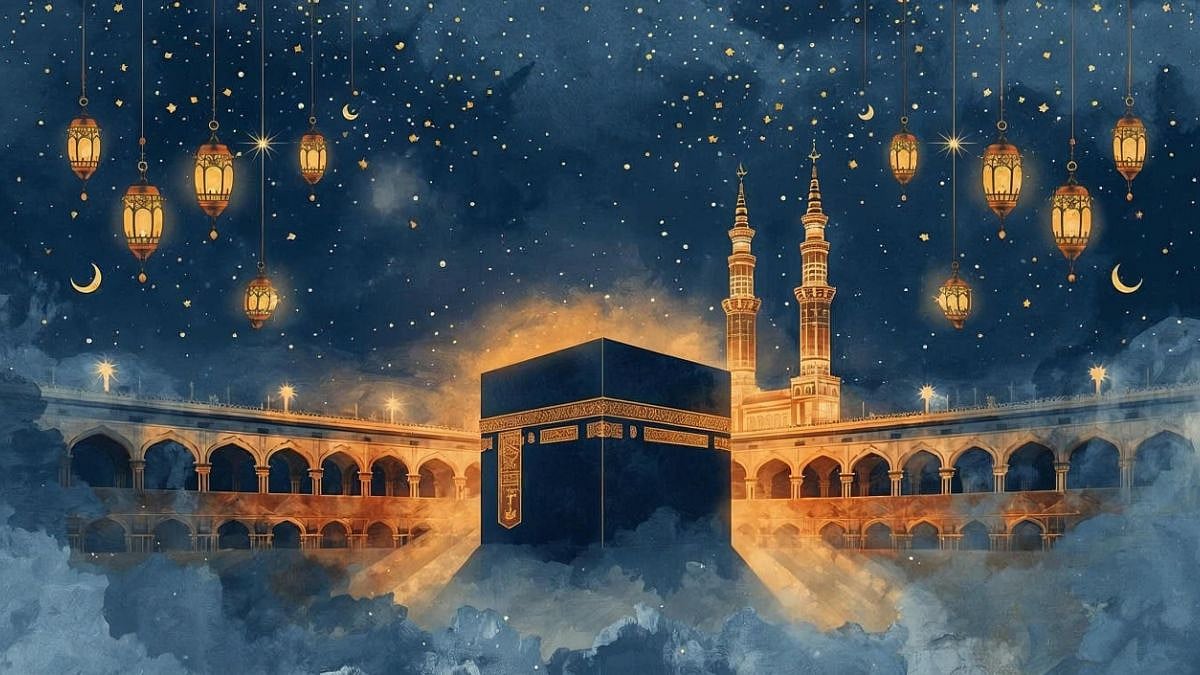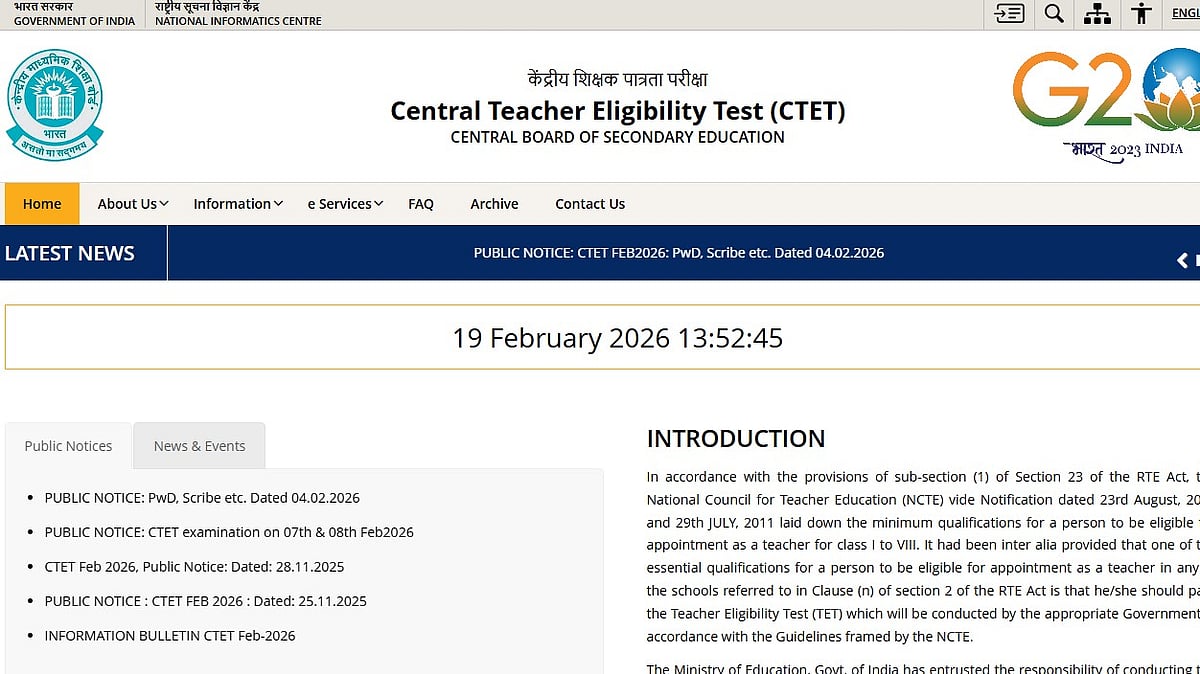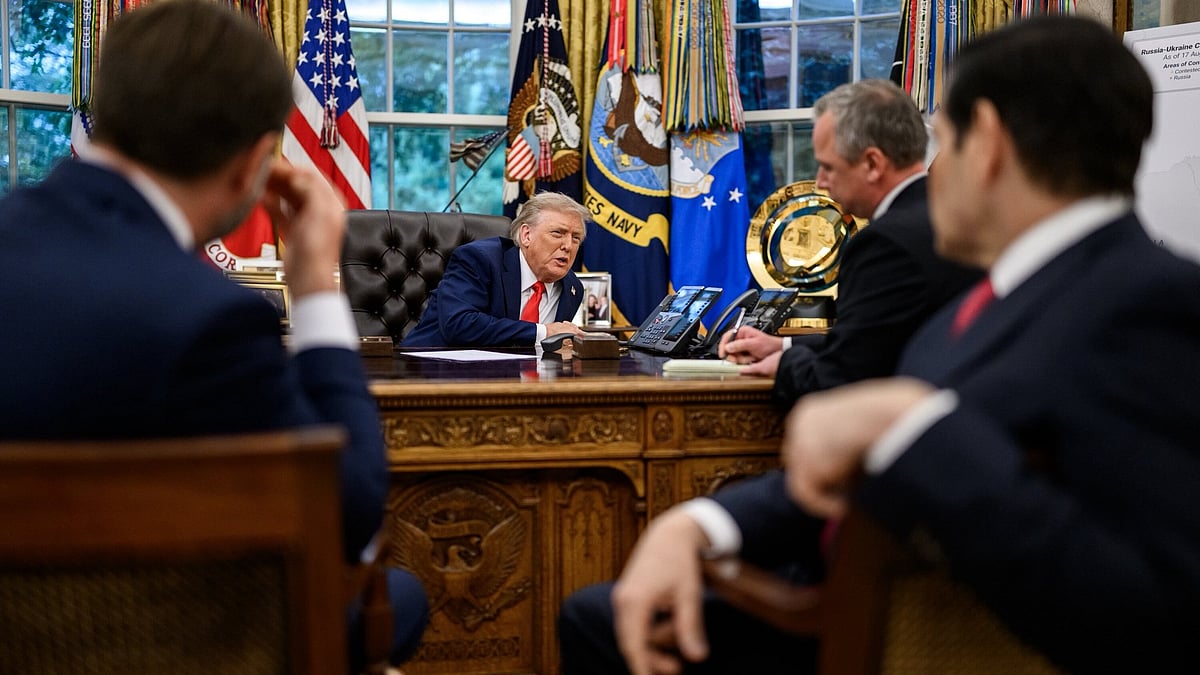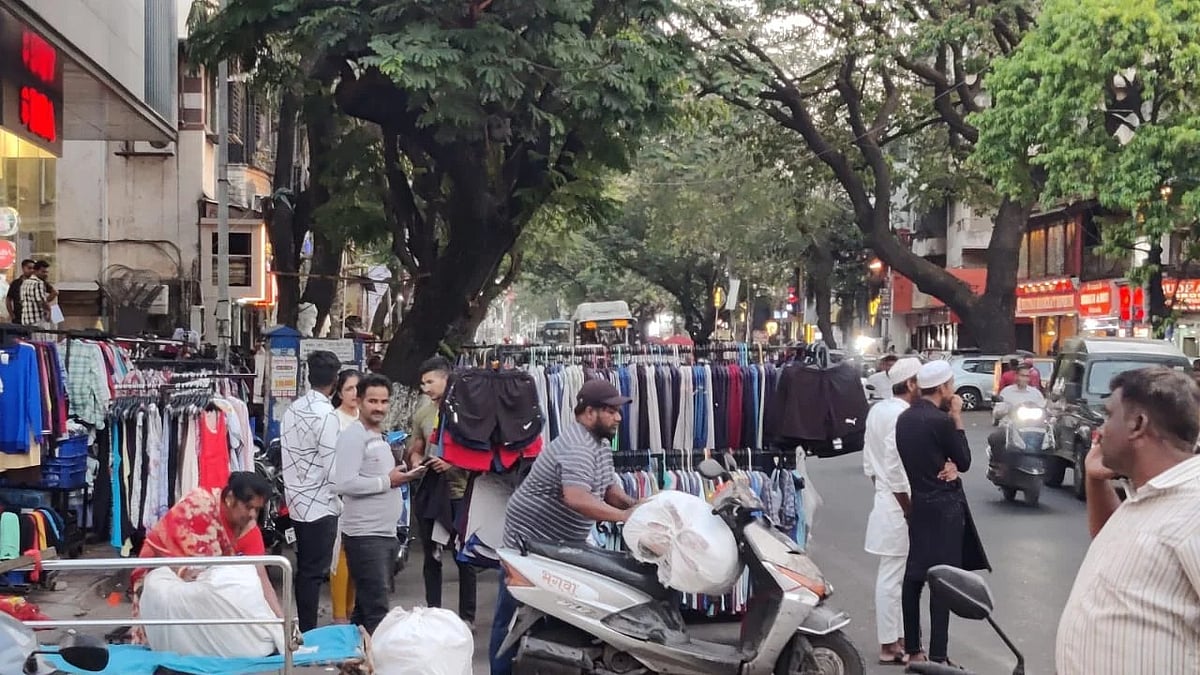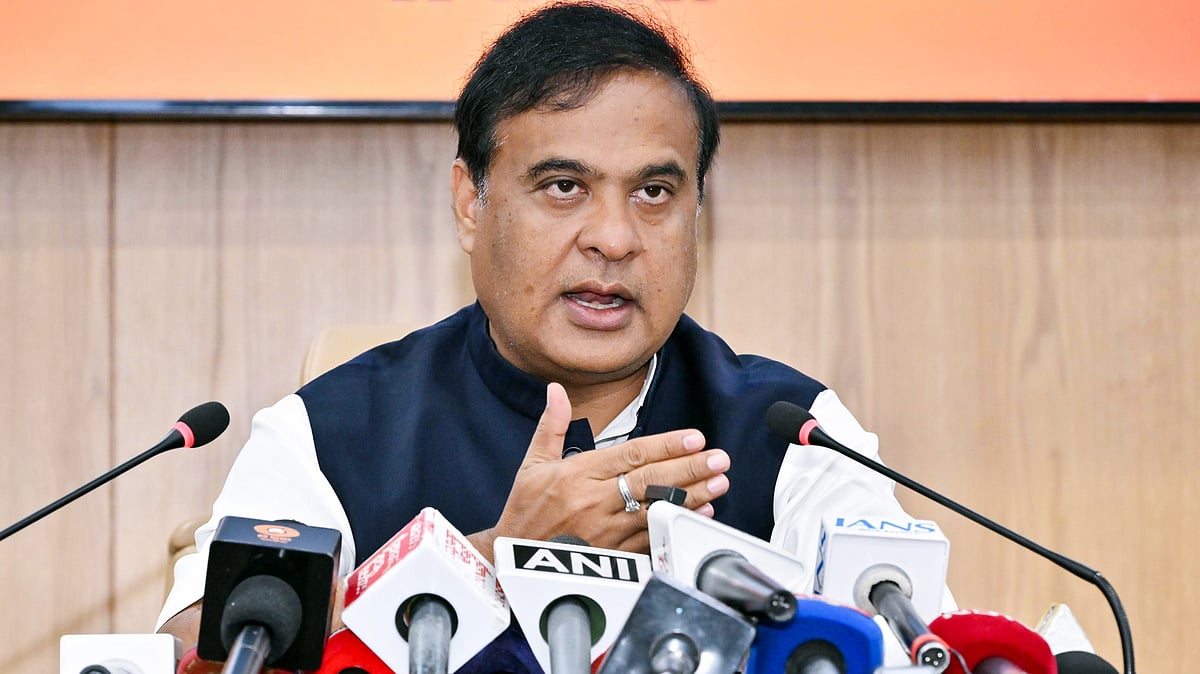United Nations Secretary-General Antonio Guterres was frank when he addressed students of the Indian Institute of Technology, Bombay, on Wednesday. He preferred to be blunt when someone else might have been discreet. In the process, he poured his heart out, much to the delight of his listeners, and sent the right signals to those who matter.
It was not for no reason that he chose to speak on human rights. India happens to be an elected member of the U.N. Human Rights Council and has, therefore, a special responsibility to ensure that its words and deeds match perfectly at all times. In the public perception, the idea of human rights originated with the U.N. Charter. There was also a mention of it in the charter of the League of Nations that preceded the U.N. The Declaration of the Rights of Man, issued during the French Revolution, specified freedom of religious expression as one of the human rights entitled to protection. In the U.N. Charter, religion is specified, along with race, sex and language, as impermissible grounds of differentiation. Article 20 of the Charter says, “Any advocacy of religious hatred that constitutes incitement to discrimination, hostility or violence should be prohibited by law.”
Long before all this came into being, India’s ancient scriptural and other texts had delineated on the subject and come up with everlasting concepts such as vasudhaiva kutumbakam (the world is one family) and atithi devo bhava (guest is god) that ruled out discrimination in any form. When the Constitution was drafted and enforced in 1950, Article 26 that deals with religious freedom was one of the few that underwent considerable debate calling for the highest standard of drafting. Allowance must also be made for the fact that despite such all-embracing holistic and inclusive concepts, parts of India remained centres of caste prejudices that made some people not only untouchable, but also unseeable.
The Constitution, in one fell sweep, ended, at least legally, all kinds of discrimination. However, in actual practice, the country has a long way to go before it can say that everything is hunky-dory as regards human rights. One major challenge that India faces is the rise of the far right in political, social and economic spheres. It holds views that are contrarian to the eclectic and inclusive views that a majority of the people hold as dear to them.
Social media have reached a stage of development whereby anything that happens in any corner of the country can be transmitted all over the world in a matter of minutes. In other words, nothing remains secret any more. So when some religious leaders assemble in Haridwar and give calls to the laity to take up arms against the adherents of another religion, the news spreads far and wide. Or when a state enacts a law that prescribes stronger punishment for cow slaughter than for manslaughter, it causes revulsion not only in India but elsewhere in the world too. When citizenship laws are enacted to exclude one community, it does not send the right vibes across the world. There might not have been any hysterical reaction from the world except when a BJP spokesperson said something unacceptable about the prophet Mohammed, but that does not mean the world at large has not been noticing the goings-on in the country, more so when India is a member of the Human Rights Council. Surely those who know know that when the U.N. chief emphasised the need for India to walk the walk and talk the talk on its protestations of human rights, he was expressing his concern.
In today’s everything-can-be-seen-on-YouTube world, India will be judged not by what is contained in the Vedas or the IPC or the Constitution but by what actually happens in the country. Another subject that got Mr Guterres charged up was violence against women. He described how women held many key posts in the U.N. For argument’s sake India can claim that it was among the first to allow universal adult franchise and had a woman Prime Minister long before any European country. But what matters is not whether women are worshipped in India. In fact, there is no need to worship them. They only need a level playing field and protection from abuse. When remission is given to gang-rapists and they are released from jail with the sanction of those in power at the Centre, it only exposes India’s so-called commitment to protecting the interests of women. In Mumbai, Mr Guterres was unequivocal in condemning terrorism of all kinds and hues. In doing so, the U.N. chief knocked the bottom off the concept of “our terrorists and your terrorists”.


